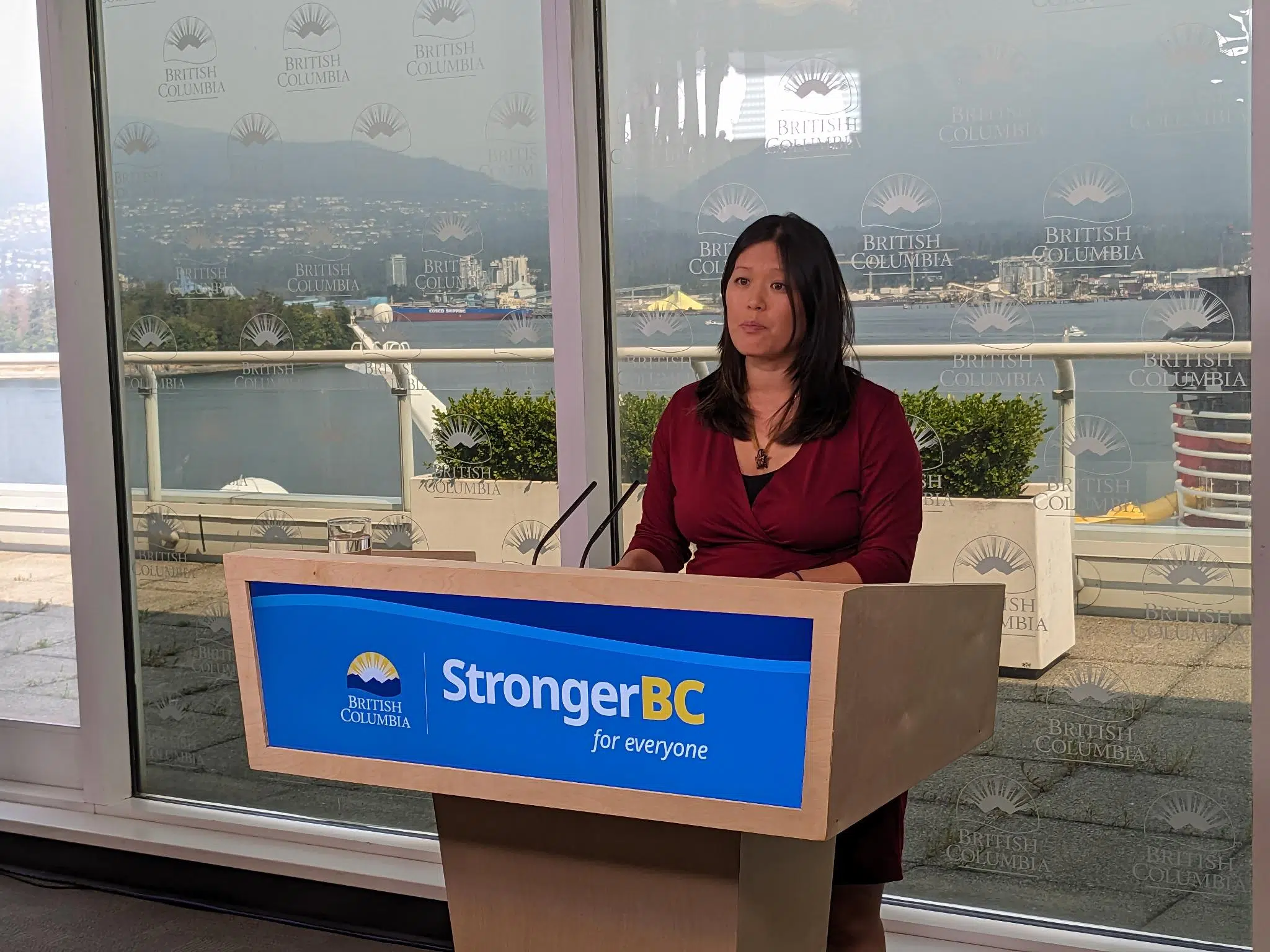
British Columbia’s minister of emergency management says a ban restricting travel to hotels or campgrounds in many communities in the southern Interior is to lift at midnight.
Bowinn Ma says non-essential travel to West Kelowna continues to be prohibited and people are being urged to stay away from the Lake Country and Shuswap areas.
“While many communities in the Interior are looking forward to welcoming people, others, like Lake Country and the Shuswap, are advising that now is not a good time to visit,” Ma said.
The order was put in place Saturday and restricted travel for the purpose of staying in temporary accommodations to many communities, including Kelowna, Penticton, Vernon, and Kamloops.
“Non-essential travel to West Kelowna continues to be prohibited for the purpose of staying in temporary accommodation, including hotels, motels, inns, bed and breakfasts, hostels, RV parks, and campgrounds, to ensure accommodation is available for those who may need it,” Ma added.
She says the West Kelowna travel restriction will lift on September 4th, but officials will be “flexible” and only keep the order in place if it’s necessary.
“We will only keep the order on for as long as it is necessary, so it is possible we will remove it earlier and if knock on wood – situations change, we may expand it as well,” she said. “It really does depend on the wildfire situation in the region.”
The ban was designed to make space for the thousands of evacuees ordered out of their homes due to hundreds of wildfires burning around the province.
“The emergency order we put in place on Saturday has had the effect we required and thousands of hotel rooms were made available for people forced from their homes, as well as the many firefighters and emergency crews who are protecting us during the worst wildfire season in our history,” she added.
“Working with local governments and First Nations, we will continue to place people in the accommodations that are now available.”
In Kamloops, for example, the Accommodation Association says occupancy rates in the city went from about 90 per cent before the ban on non-essential stays to about 30 to 40 per cent.
“There’s probably more than 3,000 rooms within our association within the city, so if you think 30 to 40 per cent occupants, there are a few thousand rooms available there,” Chair Angela Tasker told Radio NL, noting they’ve let Emergency Services know about the availability.
Evacuation orders remain in place affecting an estimated 27,000 people.
Ma says the province will continue to place evacuees in the accommodations that are now available working with local governments and First Nations.














